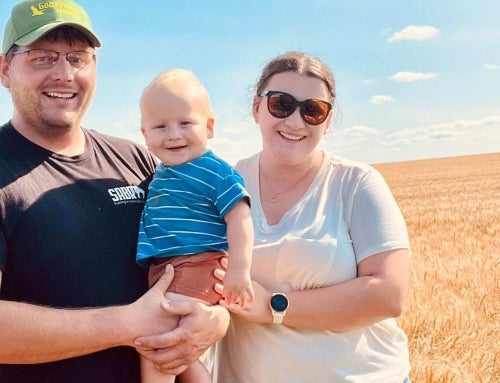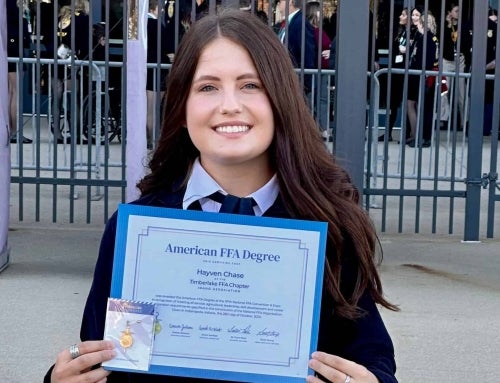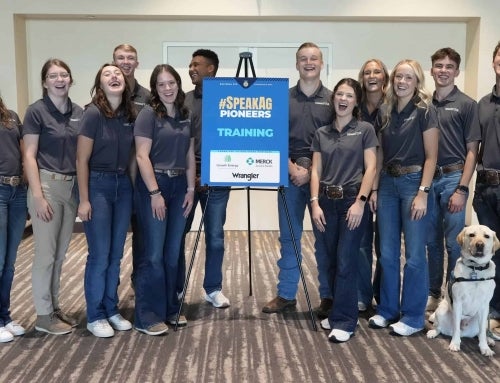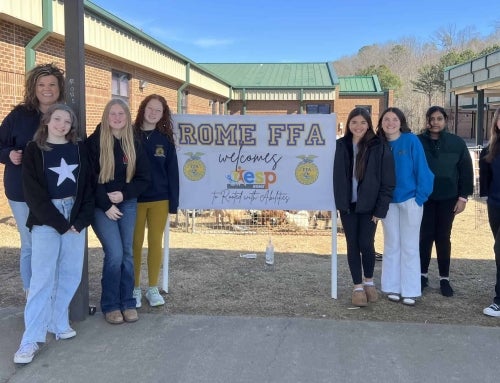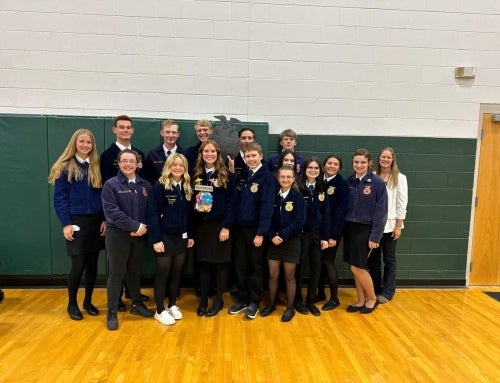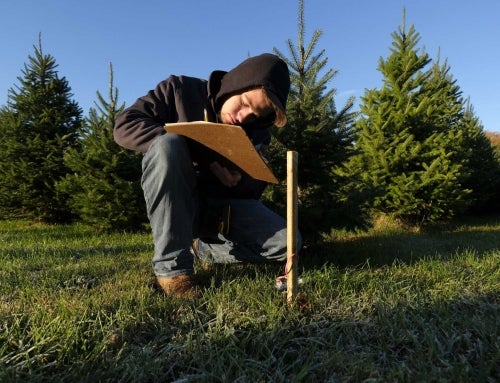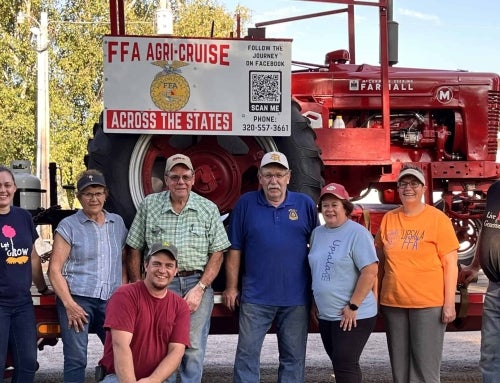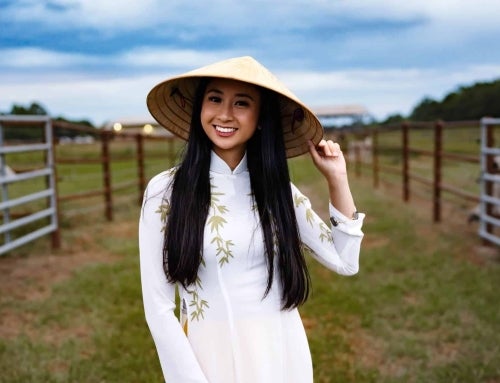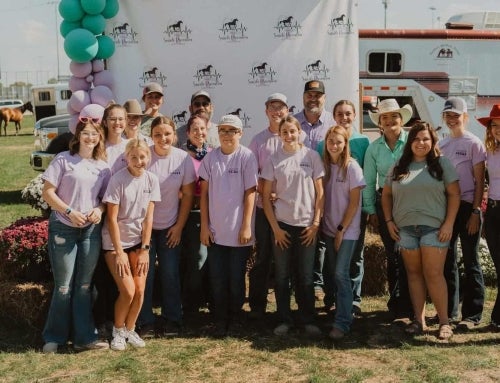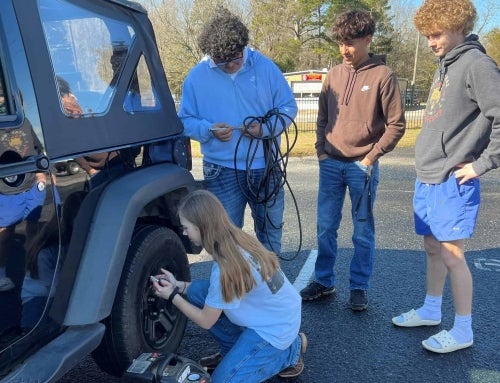Developing an impactful supervised agricultural experience (SAE) doesn’t necessarily require large amounts of space, equipment or money, and these four FFA members have the projects to prove it. Learn from these FFA members how to create a successful SAE using minimal resources.
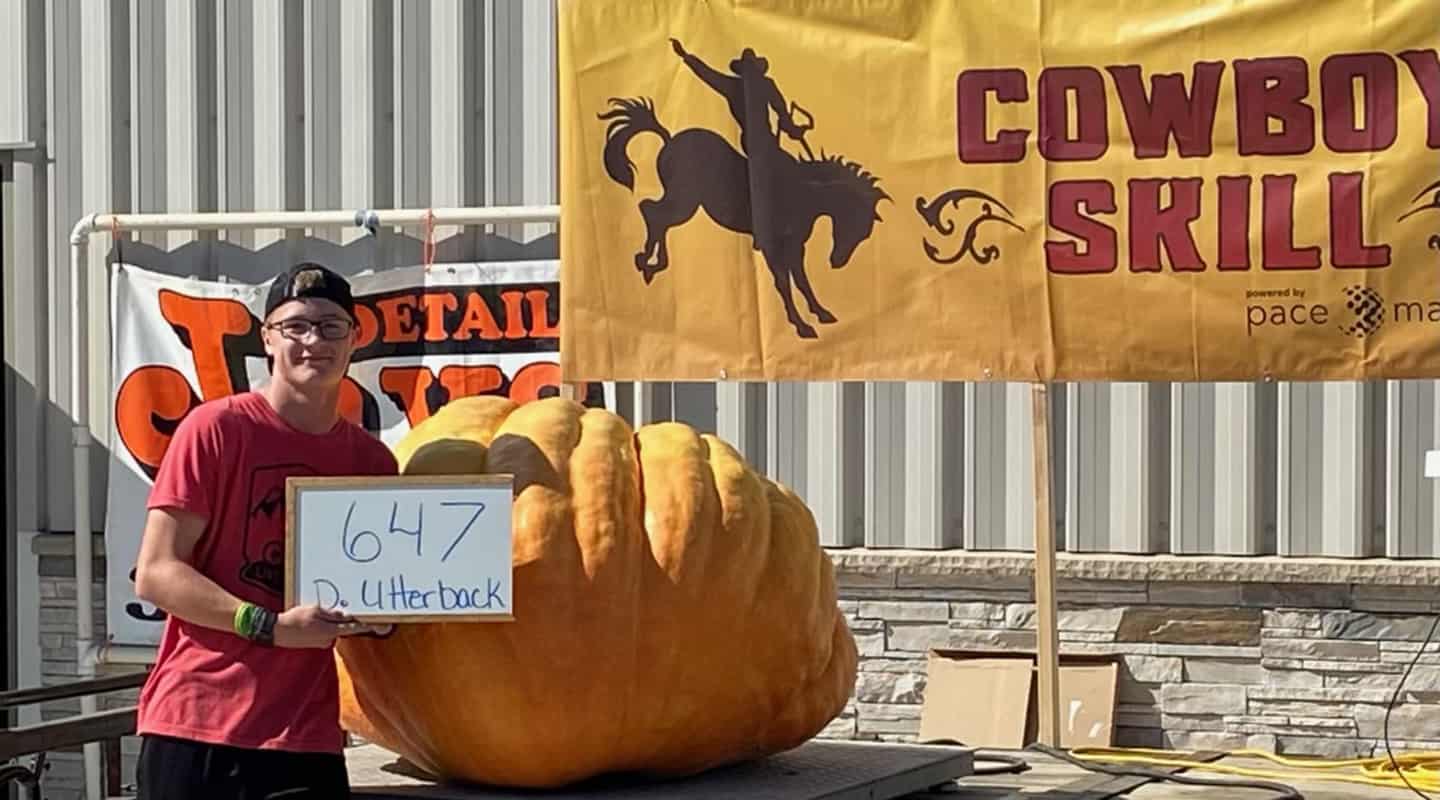
Inspired by a friend’s father, Dawson Utterback decided to grow giant pumpkins of the Dill's Atlantic Giant variety in his backyard for his SAE. He didn’t need much to get started — just 150 square feet, seeds, fertilizer and water. Before he knew it, he had his first successful crop.
“Since starting this project as a freshman, I’ve grown pumpkins as large as 659 pounds,” says Utterback, now a junior in the Chief Washakie FFA from Worland, Wyo.
Although Utterback says giant pumpkins are easy to grow because the plants do most of the work, he encourages anyone interested in taking on this SAE to take advantage of the support, advice and guidance more experienced growers can provide.
“The pumpkin-growing community is so friendly,” he says. “I’ve made a lot of friends, and everyone helps each other out.”
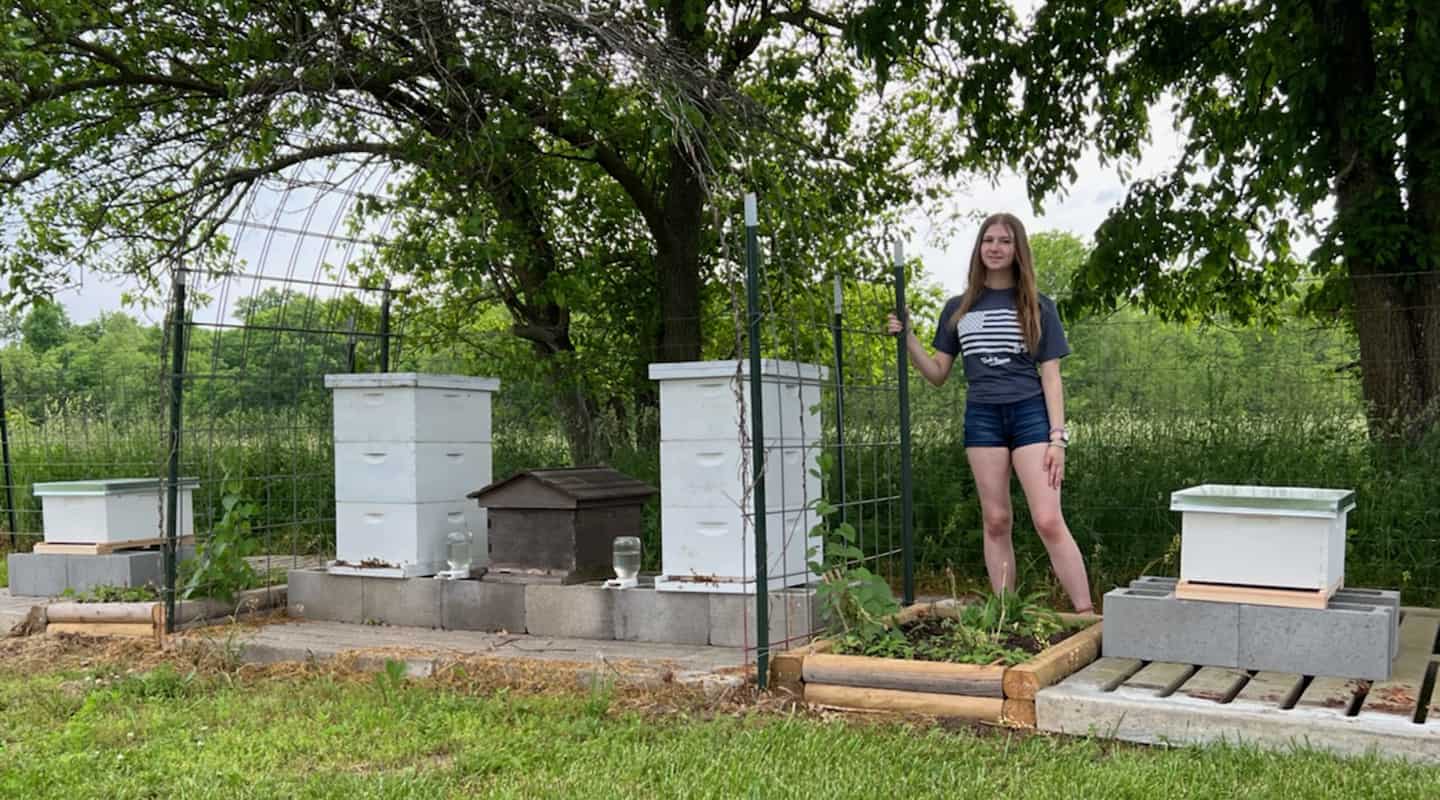
As a freshman, Chloe Campbell started her honey-producing SAE in her backyard with just a few hives of honeybees in wooden beehive boxes, a handful of tools and protective gear.
“You can purchase bees or catch them, but you’ll definitely need a queen — that’s crucial,” says Campbell, a sophomore member of the Community R-VI FFA in Laddonia, Mo. “You’ll also need to ensure your bees have access to pollen and nectar sources, like clover or flowers.”
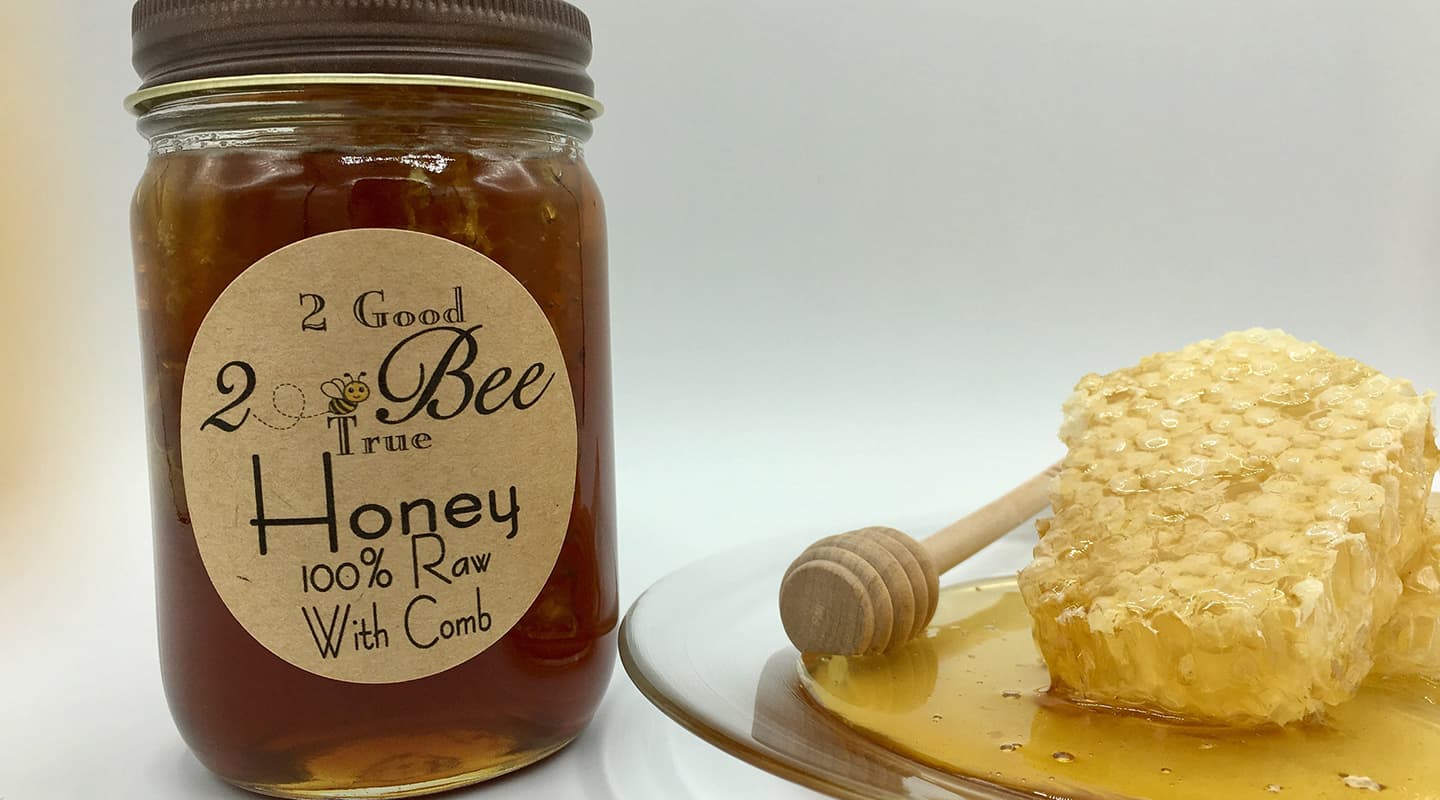
Recently expanding her beekeeping operation to five hives, Campbell harvests her bees’ honey to create products she sells locally, including honey candy, honey straws and beeswax candles.
“I started my business, 2 Good 2 Bee True, with just a stove, a pot, sugar and the harvested honey,” Campbell says. “It doesn’t take much to make these products, and it’s a lot of fun.”
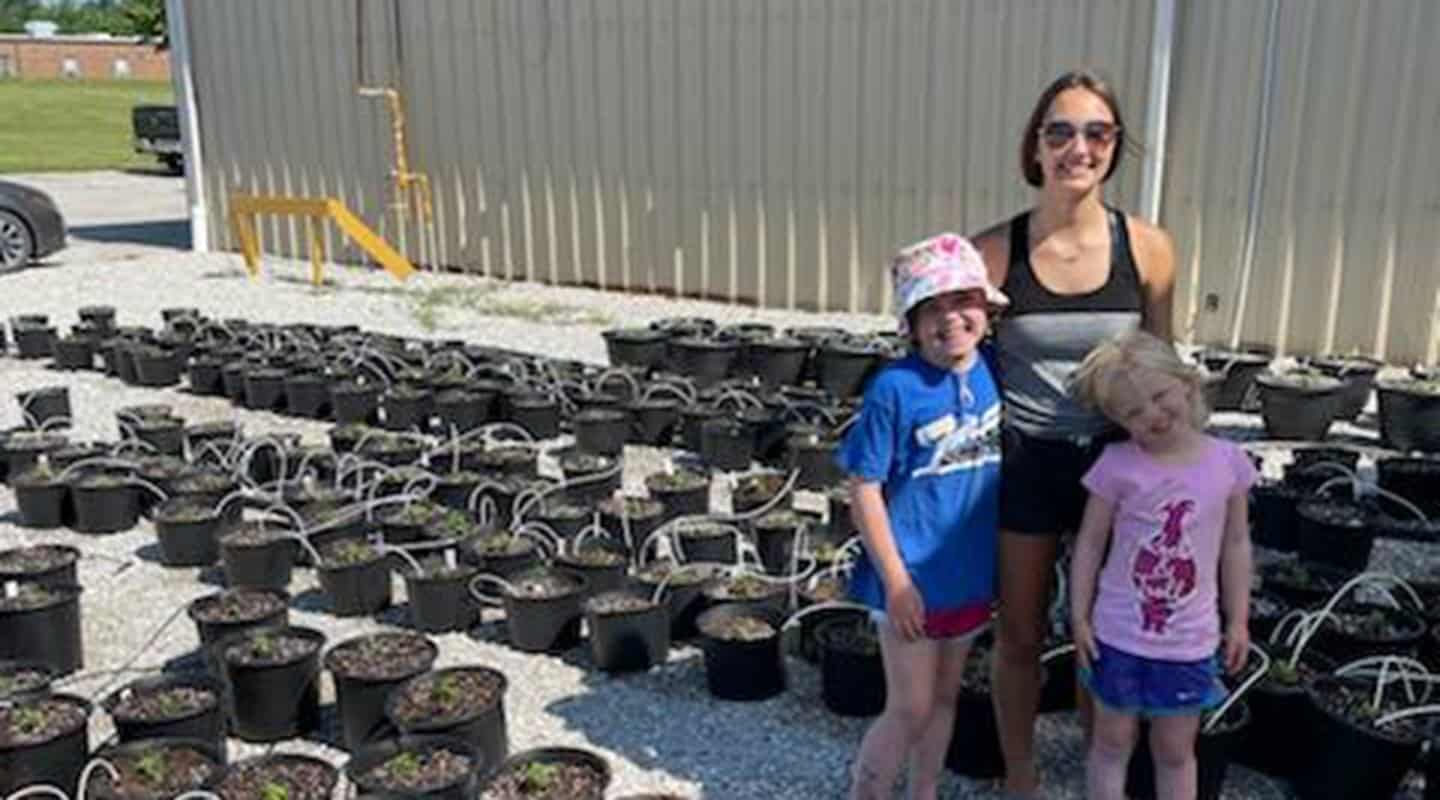
Miranda Billings, a sophomore member of the Paris FFA in Paris, Mo., grows approximately 300 mums in a gravel lot located just in front of her school’s greenhouse.
“To do this SAE, you just need mums, potting soil, pots and a water source,” Billings says. “If you live in a place with particularly warm weather, you may want to create a simple tubal irrigation system like I’ve done, but that’s optional.”
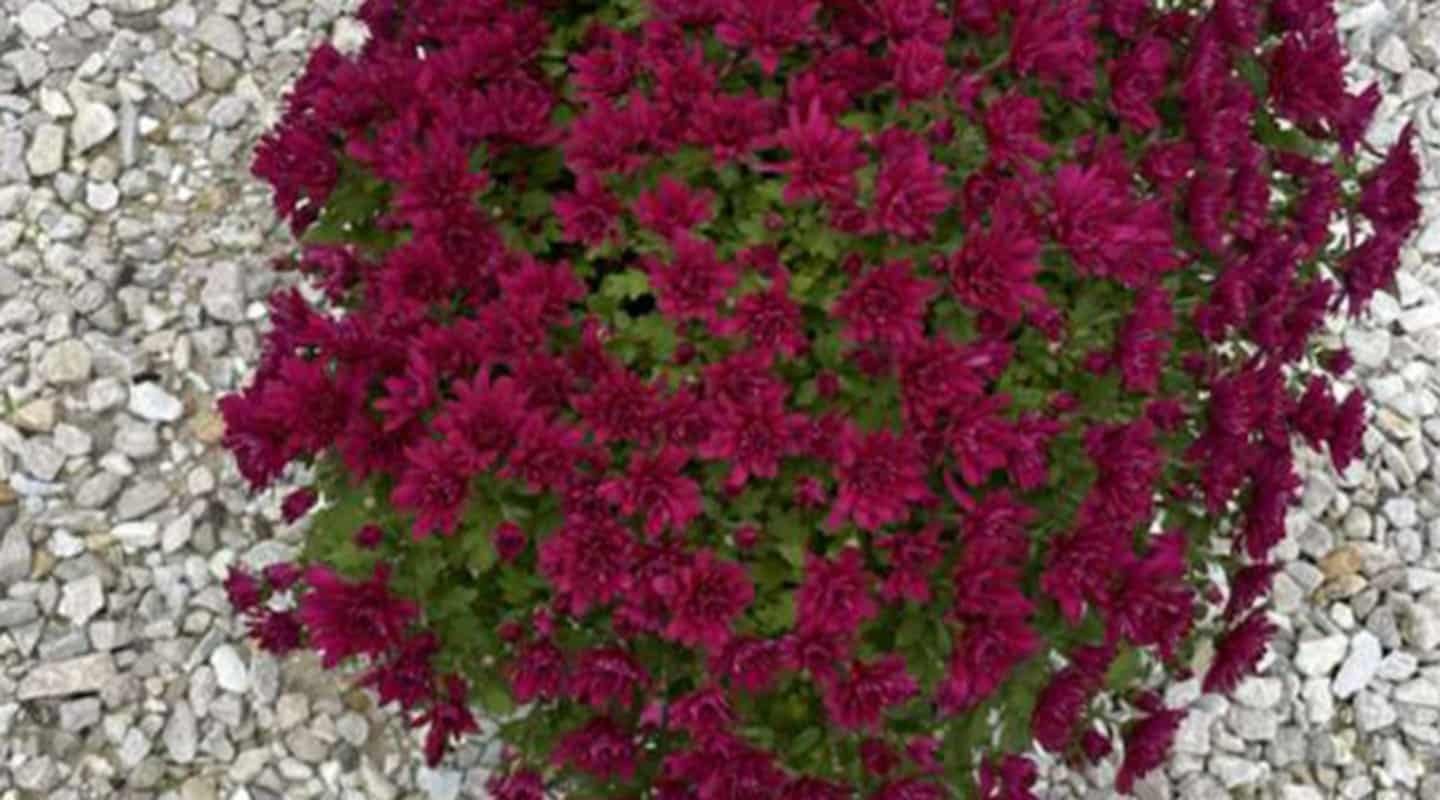
Billings sells the mums she grows to her community and has created a business called Miranda’s Mums. According to Billings, mid-June is the best time to begin planting to ensure the mums are flowering and ready for purchase by September.
“Even if you don’t have a background in production agriculture, you can do this project,” Billings says. “It’s a great way to learn more about horticulture, and you don’t need much space, equipment or resources to be successful.”
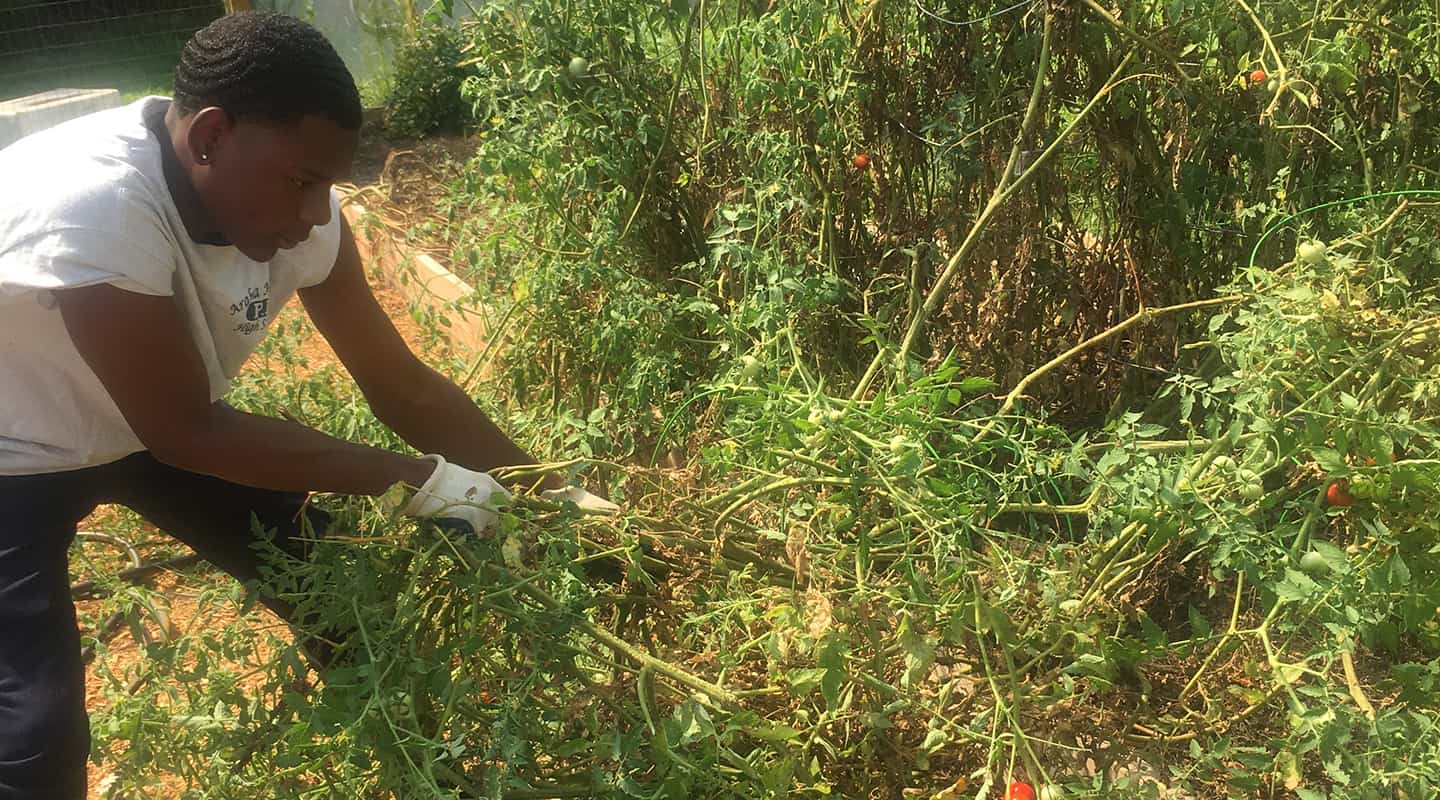
After smelling unpleasant odors from the landfill across the road from his home, Miles Lee grew curious about soil quality, food waste and the decomposition process. This led him to create an SAE in composting that continues to make a big impact on his alma mater.
“In 2017, I built a composting bin on my school’s campus out of donated wooden pallets, then added fruits and vegetables from the cafeteria along with food waste from local businesses,” says Lee, an Arabia Mountain FFA alumnus from Lithonia, Ga.
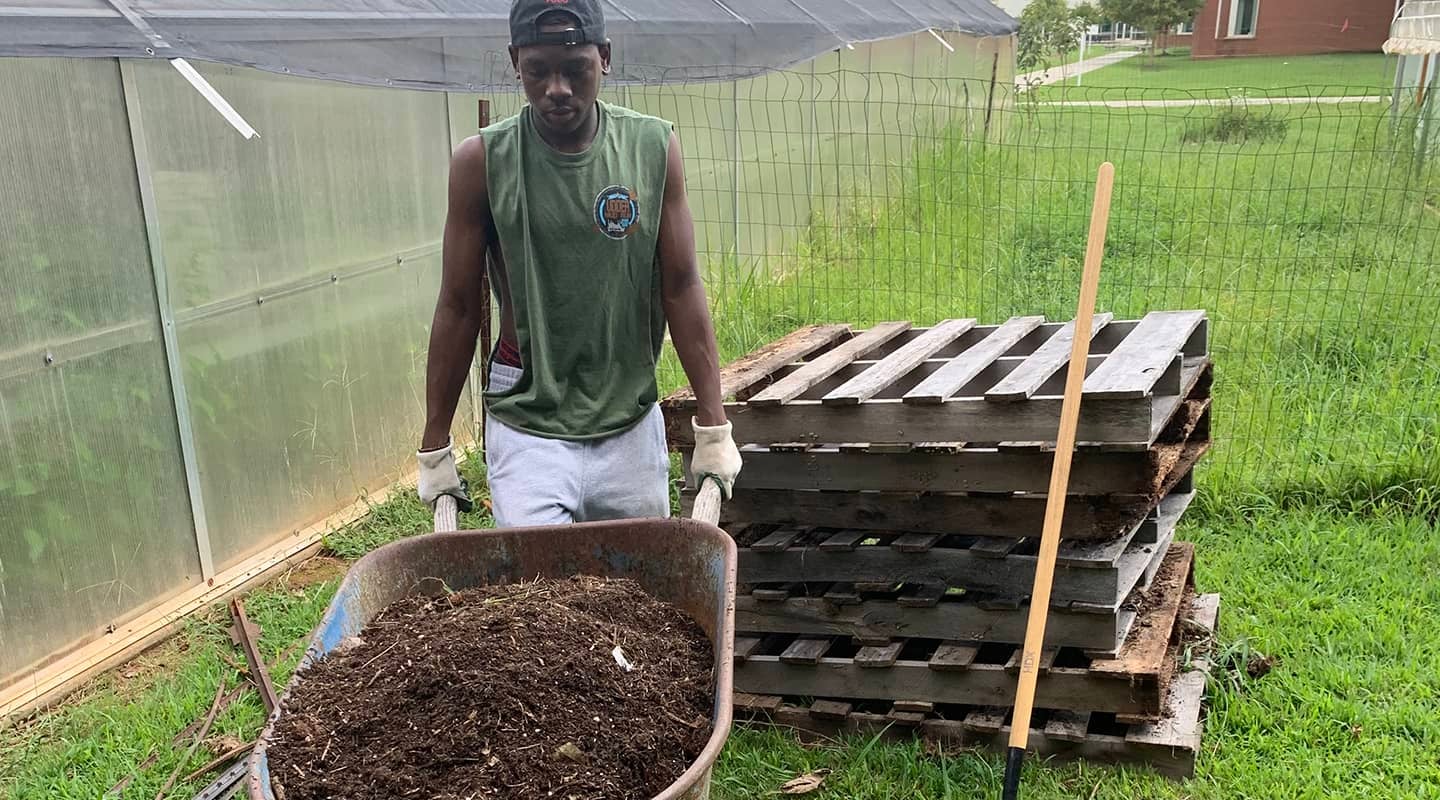
With the help of his community, Lee raised enough money to build a more permanent on-campus composting structure in 2019 that is still in use today. Lee’s SAE also helped him become the first National FFA Proficiency Award finalist in the environmental and natural resource systems category from the state of Georgia.
“What started as a simple SAE has become part of my legacy,” says Lee, who is now majoring in sustainable agriculture with a concentration in plant and soil science at North Carolina Agricultural and Technical State University.


